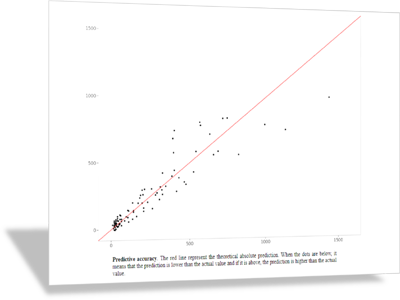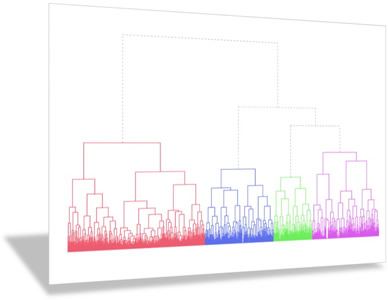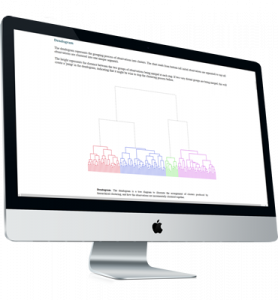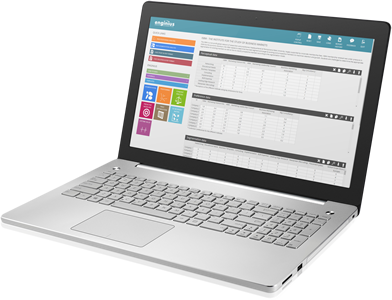Teaching digital marketing

Digital marketing is the marketing of products or services using digital technologies, such as search engine optimization, inbound marketing, mobile phones, display advertising, the Internet of things, and any other digital medium. It is increasingly evident that the not-so-fancy marketing analytic arsenal the community has built over the last decades remains equally relevant to digital marketing, such as branding, positioning, price optimization, and the like. Actually, the term “digital marketing” might very well disappear in the future to be renamed, simply… “marketing”. In the meantime, a few marketing analytic tools can still be highlighted to address specific questions related to digital marketing…
If you are teaching digital marketing these are the Enginius models and case studies we recommend for you…
Not familiar with Enginius yet? Click here to discover how Enginus can boost your teaching.

Panel regression
Marketing research is now increasingly focused on routinely collected data such as those from organic and paid search campaigns, user-generated content, and social media. Much of this data has a panel structure, namely, repeated observations of the same entity (e.g., customers, keywords, products) on multiple occasions. Panel data estimation techniques represent an important set of tools for the analysis of such data. The ABCDEmail case contains a rich data set to evaluate a paid search campaign consisting of several hundred keywords.

Segmentation
Originally, personas were invented by designers in UI and UX (user interface and user experience) to make sure a website or app was adapted to various customer profiles. Too often, though, these “personas” are created out of thin air by managers, without any insights, data or evidence. A segmentation approach can provide the scientific backing to such approach. Pretty much any case study can be used in that context by asking students to build personas based on the output of a segmentation study.




